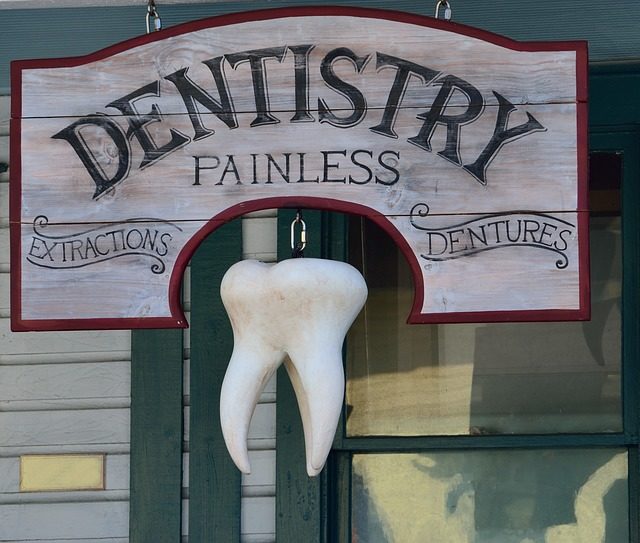While drinking alcohol in small, infrequent doses isn’t a problem, when you begin to abuse the substance, your health will suffer. Drinking too much is a growing problem in the United States and killed 88,000 people between 2006 to 2010. In fact, drinking actually accounted for one in 10 deaths for people ages 20 to 64.
While death is a worst-case scenario, it isn’t the only consequence; there are other short- and long-term effects to watch out for.
What Defines Alcohol Abuse?
Many people do not actually understand what alcohol abuse is. It can include a range of different drinking habits, such as heavy drinking, binge drinking, or even drinking while pregnant or underage.
Binge drinking is when a person drinks too much in one sitting. Many people partake in this activity on weekends as a way to blow off steam. For women, drinking four or more drinks in one night is considered binge drinking. Because men are larger, they need to consume five or more drinks in one session. Heavy drinking is slightly different, as it means drinking a lot on a regular basis. For women, this equates to eight or more drinks per week; for men, it’s 15 or more drinks per week.
Keep in mind that alcohol abuse does not equate to alcohol dependency or addiction. People who abuse alcohol could stop drinking if they wanted, whereas addicts and those dependent on alcohol would suffer dangerous withdrawal symptoms like delirium tremens.
Short-Term Effects of Alcohol Abuse
As soon as you starting imbibing, your body will begin to experience some adverse effects. With a low dose of alcohol, these can include:
· Slower reaction time and reflexes
· Slower brain activity
· Lowered inhibitions
· Reduced coordination
While these effects themselves might not be extremely harmful, they can lead you into harmful situations. For example, if you attempt to drive in this state, you can easily get into an accident because you won’t react fast enough to traffic.
As you keep drinking, the effects increase. You might start feeling sleepy and your core body temperature will drop, which could leave you vulnerable to hypothermia if you fall asleep outside. You’ll also have a disruption in your sleeping patterns, which puts extra strain on your body, as it can’t get the rest it needs.
Higher doses of alcohol cause the most extreme effects, which include:
· Vomiting
· Trouble breathing
· Loss of consciousness
All of these are problematic, as you might choke or asphyxiate on your vomit. Because alcohol hinders the gag reflex, you might not be aware enough to clear out your lungs, causing suffocation.
In cases of alcohol overdose, you might even experience alcohol poisoning, which can lead to coma or death. Your breathing might stop or become too slow to provide enough oxygen for your body. Your heartbeat might also begin to slow or stop. Many people suffer from hypoglycemia at this stage, causing seizures. Additionally, because you’ll be vomiting, you might develop severe dehydration, which can cause permanent brain damage if not corrected.
Long-Term Effects of Alcohol Abuse
While the short-term effects of alcohol abuse are dangerous enough, their damage is compounded if you continue to abuse alcohol on a regular basis. You might be familiar with the blackout that accompanies a night of heavy drinking – 51 percent of people in a survey reported that they had blacked out at some point while drinking alcohol. Those people who blackout on a regular basis run the risk of developing serious and irrevocable changes in brain chemistry and structure.
One of the results of this brain damage is Wernicke-Korsakoff syndrome (WKS). People develop this as a result from a thiamine deficiency, which is common in alcoholics. Symptoms of this disease include eye paralysis, mental confusion, and problems with muscle coordination.
You might also experience memory problems and learning disorders, making you forgetful when it comes to remembering new information. Perhaps worst of all is that people who drink heavily have a disruption in the production of new brain cells, leading to long-term deficits that impair mental abilities.
Because alcohol is processed through the liver, liver disease is a primary issue in those with long-term alcohol abuse. While this is bad enough in itself, it can cause further problems in the brain, such as hepatic encephalopathy. The symptoms of this disease include:
· Changes in personality
· Changes in sleep patterns
· Anxiety and depression
· Shortened attention span
· Shaking of the hands
· Coma
Heavy drinking can also increase your risk of heart attack, stroke, and heart disease due to alcohol cardiomyopathy, which is a weakened heart that doesn’t pump correctly. This will cause shortness of breath, swollen extremities, and extreme fatigue. Some people might also begin to suffer from arrhythmias, in which the heart does not beat properly. These can include atrial fibrillation, where the heart’s upper chamber does not contract, as well as ventricular tachycardia, in which the heart’s lower chamber contracts too quickly.
With the brain, the heart, and the liver slowly deteriorating, the rest of the body will suffer. Other long-term symptoms caused by alcohol can include:
· Stomach and intestinal ulcers
· Breast, throat, mouth, colon, liver, or esophageal cancer
· High blood pressure
· Mental health disorders like depression and anxiety
· Anemia caused by low iron and vitamin B levels
People who abuse alcohol have poor overall health and require nutritional, physical, and mental guidance in order to restore their body.
Getting Alcohol Dependence Help
While some of the damage done by alcohol is permanent, your body can greatly recover with alcohol dependence help. In fact, studies show that adults who abstain from alcohol after suffering cognitive deficiencies begin to see an improvement in brain function after several months to a year.Because the brain has the ability to rewire its networks to switch function to parts of the brain that aren’t damaged, getting treatment for alcohol dependency is essential to fully recovering. In 2008, 23.1 percent of admissions into rehab programs were for alcohol dependence help, meaning that many of those struggling with alcohol issues are trying their best to combat these negative health effects and improve their health.














Leave a Reply